Apple's strict data protection policies sparked debate over so-called "digital legacy" issues this week, as the company refused to supply a recently widowed Canadian woman with her late husband's Apple ID password.
According to a report from CBC News, Apple refused to furnish 72-year-old Peggy Bush with her husband David's Apple ID password after he died in August, saying that to do so would require a court order.
Bush, who was unaware of Apple's stringent security policies, knew the hardware passcode for David's iPad, but not his Apple ID. She first encountered a problem when attempting to reload an unnamed card game from the App Store.
Bush's daughter, Donna, reportedly spoke to an Apple representative who said it would be possible to retrieve the lost password with her father's will, death certificate and verbal confirmation from her mother. Donna called back after acquiring the requested documents, but the customer service representative denied knowledge of the matter.
Following two months of back-and-forth correspondence, Apple told the Bush family that recovering David's password would not be possible without a court order.
"I finally got someone who said, 'You need a court order,'" she said. "I was just completely flummoxed. What do you mean a court order? I said that was ridiculous, because we've been able to transfer the title of the house, we've been able to transfer the car, all these things, just using a notarized death certificate and the will."
Because a user's Apple ID and password are tied to payment information and other sensitive data, Apple implements strong safeguards to protect the data from falling into the wrong hands, going so far as to offer optional two-factor authentication via SMS or push notification. Apple IDs are also used to protect against hardware theft via activation lock, though it appears the feature was not activated on Bush's iPad.
"I then wrote a letter to Tim Cook, the head of Apple, saying this is ridiculous. All I want to do is download a card game for my mother on the iPad," Donna said. "I don't want to have to go to court to do that, and I finally got a call from customer relations who confirmed, yes, that is their policy."
After being contacted by CBC News, Apple apologized for what it characterized as a "misunderstanding" and reached out to the Bush family to fix the issue. The company did not comment on current or future contingencies for transferring ownership of digital property after death.
 Mikey Campbell
Mikey Campbell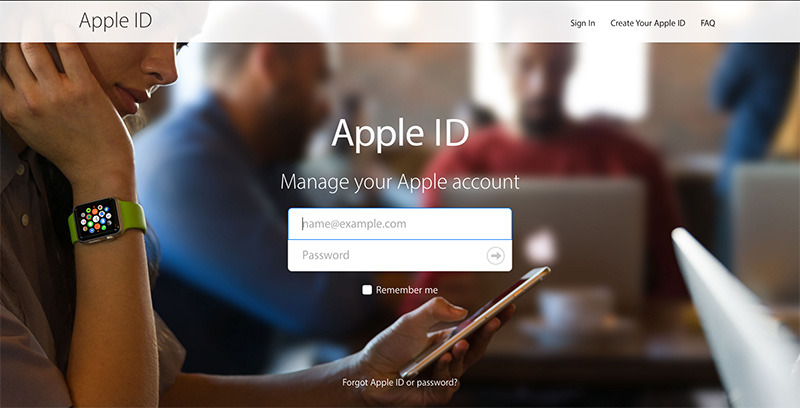


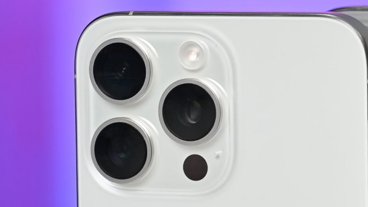
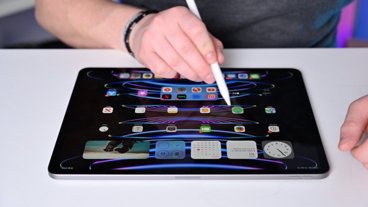



-m.jpg)






 Chip Loder
Chip Loder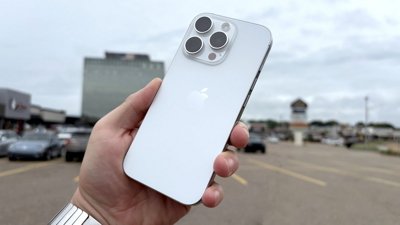
 William Gallagher
William Gallagher
 Wesley Hilliard
Wesley Hilliard
 Malcolm Owen
Malcolm Owen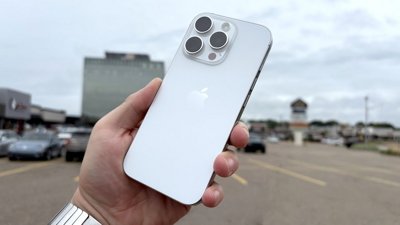
 Mike Wuerthele
Mike Wuerthele
 Christine McKee
Christine McKee

 Sponsored Content
Sponsored Content




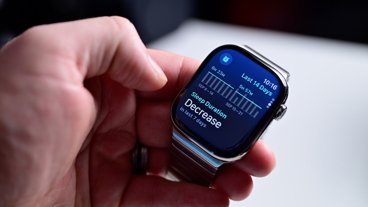




43 Comments
There will be an emerging body of law / precedent in IP-rights-after-death in the years ahead.
If my will explicitly transfers ownership of any digital content I own to someone (wife), and I provide that person with my User ID and password to any such content providers (e.g., iTunes), will the courts and publishers honor that -- acknowledging that actual ownership of the content has transfered to the new person?
Well Apple is not the only one doing this, Try and get someone medical information today. I cover the insurance for my entire family and I am not allow to see their insurance records once they turned 18. My wife and kids have to grant me specific right to allow me to see what insurance was and was not paying for. Even my kids school will not allow me and my wife to share the same online account to access my kids records, why because we have crazy divorce couples and the try and do think to each other through their kids. Yeah it is getting nuts out there.
With that said Google I am told will provide a family member a complete archive all your online records they have via your gmail log in account. You just need to provide them the necessary documents showing you have right to the information. Like having the POA for the dead person. So be careful, if you think when you die your emails forever locked behind your user name and password. Your family can dig into what you been doing when they were not looking.
In this case if the husband want the wife to have access to the ID he would have give her the password. You think Apple was wrong to assume the wife was not suppose to have access. It like have safety deposit box, if you do not have the key the bank will not open it for you without a court order. Apple taking this stance protect us all, The government can not come in and say you gave someone the information when they asked. It builds the foundation to keep the government from snoring around. You can not make any exception otherwise the courts will find again them.
Compare this to a house and a car, both those items were probably titled with both peoples name on the account, so it was joint ownership with right of survivorship. However, without that it is not a easy mater and requires all kind of legal documents to happen.
Apple received the man's will, death certificate and verbal confirmation from his wife. If his will stipulates that everything goes to his wife and/or daughter, that should include his digital legacy. There's also something here that Apple somehow forgot about: it's called compassion.
There may have been a reason the husband didn't want the wife on the same account!